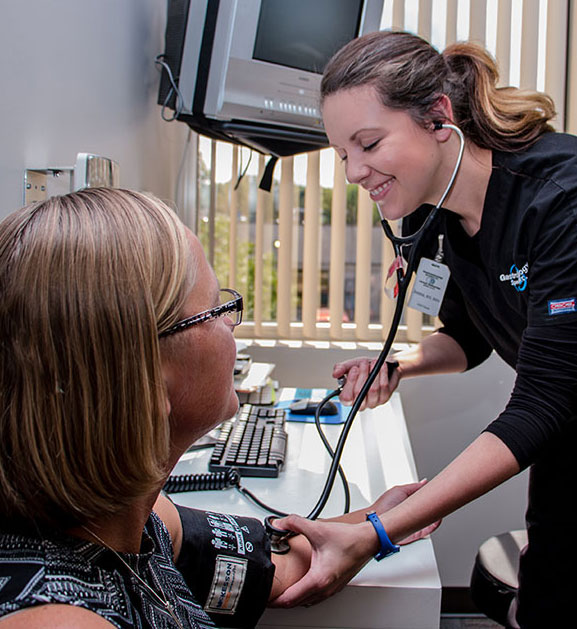Study found patients were 14% less likely to die if they had a spouse
THURSDAY, June 23 (HealthDay News) — Being married improves the likelihood of survival for colon cancer patients, a new study finds.
Married men and women with colon cancer were 14 percent less likely to die than other colon cancer patients, according to U.S. researchers who analyzed 127,753 patient records.
The study also found that married patients were diagnosed at earlier stages of colon cancer and sought more aggressive treatment, which echoes findings from studies of other types of cancer.
While the actual reasons for improved survival among married patients weren’t pinpointed by the researchers at Penn State’s College of Medicine and Brigham Young University, they suggested that informal caregiving by spouses may result in better cancer management. That extra support may result in better outcomes, according to a Brigham Young news release.
The study appears online and in an upcoming print issue of the journal Cancer Epidemiology.


